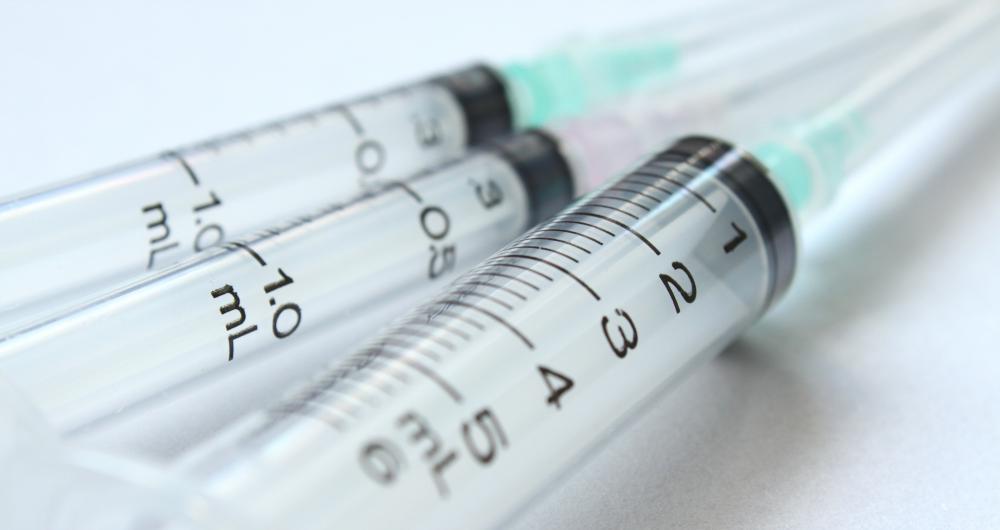At WiseGEEK, we're committed to delivering accurate, trustworthy information. Our expert-authored content is rigorously fact-checked and sourced from credible authorities. Discover how we uphold the highest standards in providing you with reliable knowledge.
What is Infectious Disease Control?
An infectious disease is an illness caused by the presence of a pathogen. The pathogen may be a bacteria, parasite, virus, fungi, protozoa, or prion, and the nature of the disease is such that it can be transmitted or communicated from one person, animal, or species, to another by some means. Infectious disease control is the attempt to limit the spread of infectious diseases, sometimes called communicable or transmissible diseases.
The practices of infectious disease control partly have to do with the ways in which infectious diseases are transmitted. Infectious diseases may pass from one individual to another through airborne inhalation, body fluids, or by means of objects, foods, or liquids that have been contaminated. Other infectious diseases have specialized paths of transmission. For example, the parasite that causes malaria is transmitted from human to human by an infected mosquito that injects that malaria parasite into a person’s blood through a bite. Thus, while many infectious diseases can be controlled through measures such as hand washing and general sanitation, others, like malaria, require specialized methods to eradicate the possibility of transmission — in this case, targeting the mosquito population and taking antimalarial drugs prior to and during visits to an infested area.

Another aspect of infectious disease control is maintaining a healthy population that is not susceptible to disease. This may take place through making sure that factors such as stress, poor nutrition, contaminated water, and poor sanitation are dealt with. Vaccination to enhance resistance and reduce the chances of infection is another way to reduce susceptibility.

Infectious disease control is overseen worldwide by the World Health Organization (WHO) in conjunction with a number of national agencies. In the United States, the efforts to limit the spread of infectious diseases began with the Communicable Disease Center in 1946, which grew out of a malaria control agency that existed during World War II. Today, its descendant, the Centers for Disease Control and Prevention (CDC) is the health organization that focuses on infectious disease control in the United States as well as partnering with other national organizations in the interest of controlling international disease transmission. In Sweden, The Swedish Institute for Infectious Disease Control (SMI) is the governmental agency that monitors infectious disease among humans and promotes preventative measures to keep them from taking hold.

In the case of other species, the national organization that protects people may well provide guidelines for veterinarians and other animal care providers, as the CDC does. This is important because infectious diseases in any species do not exist in isolation. In addition, there may be organizations that have taken on the role of infectious disease prevention for specific species. For example, the American Association of Equine Providers (AAEP) promotes guidelines for controlling infectious disease among horses.
AS FEATURED ON:
AS FEATURED ON:














Discuss this Article
Post your comments